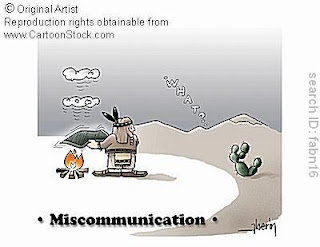skip to main |
skip to sidebar
lost in translation
In class we have discussed langauage and culture and whether culture is lost when language is translated. In another class of mine, PHILO110W, we have discussed this topic. We read a book called The Other Side of Eden by anthropologist Hugh Brody, in which he discusses Culture and langauge. A topic that I focused on perosnally was whether ethics can be lost through language. The conclusion I came to was that, yes, ethics can be lost through language, and therefore culture is lost as well. A culture that I looked at was an Inuit culture in Northern Alaska/Canada that faced colonialism by Birtish Canadians. The inuit language is a language that is cery specific to that culture and unlinke any other. The way in which words are understood is through experience. Inuit children learn the language of their people by experiencing the land, a very unique experience which often can not be translated or understood by someone outside the culture. Words in Inuktitut (thats the language) have gained very unique meanings due to the land and the way in which the Inuti experience and Interpret it. It is because of this unique expeirence that outsiders have difficult times understanding the culture and often face a conflict in values and ethics. Such values and ethics cannot be translated from language to language because of this uniqueness. It is imperative to understand that by simply learning the technicalities of a language is not enough to fully communicate with and understand another culture.

...To many cultures a puff of smoke may just be a puff smoke. To this inuit culture, this puff of smoke is much more than that, it is a way to communicate with others. Further, even by learning the smoke puff signals, a foreignor may have difficulties interpreting importance, and other things of that nature.

No comments:
Post a Comment